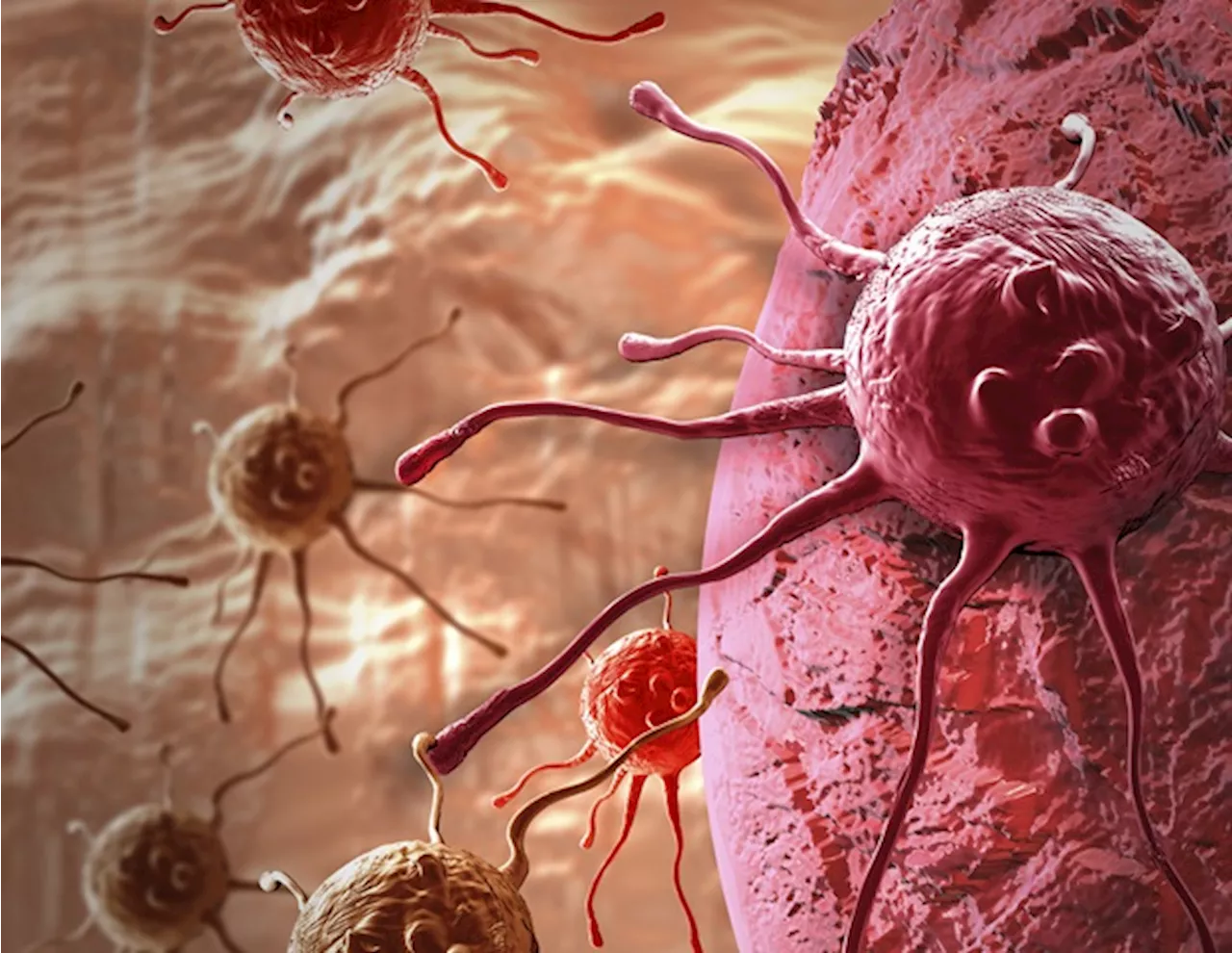Cancer poses significant challenges due to the development of resistance and the likelihood of relapse. Resistance may arise from permanent genetic changes in cancer cells or non-genetic alterations in cancer cell behavior induced by treatment.
May 28 2024National Research Council of Science & Technology Standard of care in cancer treatment s typically involves administering the maximum tolerated dose of a drug to eradicate drug-sensitive cells effectively. However, this approach often fails in the long term because drug-resistant cancer cells can grow more rapidly when all drug-sensitive cancer cells are killed off.
Determining the dose and treatment breaks for each patient is challenging because cancer is a complex evolving system, and every patient is different. Mathematical models can be helpful in designing such patient-specific treatment strategies. Indeed, several mathematical models have been developed to explore the effects of various treatment strategies on patient outcomes. However, existing mathematical models often overlook the impact of acquired resistance and cancer cell plasticity.
For some tumors with plasticity, taking breaks from treatment helps cancer cells become sensitive again, joining forces with other sensitive cells to suppress resistant cell growth. The research team has proposed evolutionary therapy dosing, which involves administering treatment in cycles comprising treatment holidays, minimum effective doses, and maximum tolerated doses.
In the current study, we emphasized the role of cancer cells' phenotypic plasticity in enhancing the controllability of tumor burden with evolutionary treatment cycling doses."
Cell Cancer Treatment Cycling Evolution Genetic Research Technology Tumor
Deutschland Neuesten Nachrichten, Deutschland Schlagzeilen
Similar News:Sie können auch ähnliche Nachrichten wie diese lesen, die wir aus anderen Nachrichtenquellen gesammelt haben.
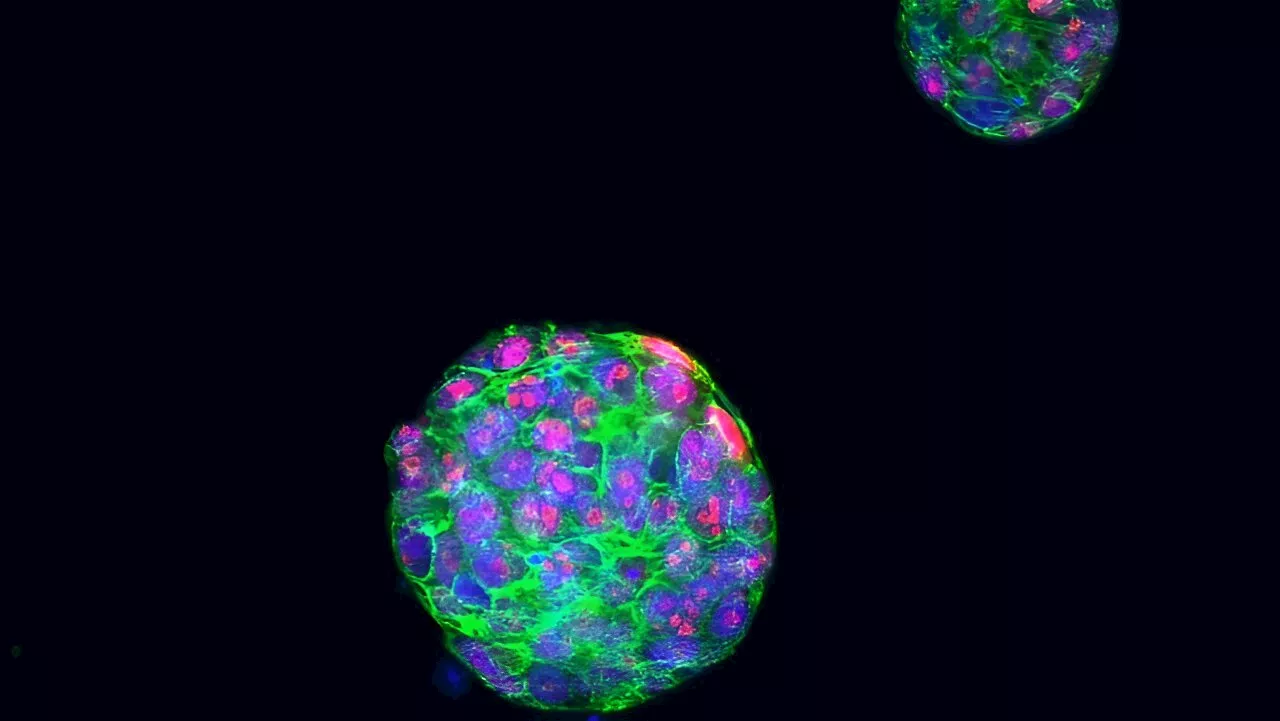 Researchers identify what drives PARP inhibitor resistance in advanced breast cancerResearchers at The Institute of Cancer Research, London, have increased our understanding of how a cancer drug called a PARP inhibitor stops working in women with breast cancer that has spread. This research could ultimately help predict who's more likely to respond to these drugs, and could lead to more effective ways to treat the disease.
Researchers identify what drives PARP inhibitor resistance in advanced breast cancerResearchers at The Institute of Cancer Research, London, have increased our understanding of how a cancer drug called a PARP inhibitor stops working in women with breast cancer that has spread. This research could ultimately help predict who's more likely to respond to these drugs, and could lead to more effective ways to treat the disease.
Weiterlesen »
 Belfast mum diagnosed with cancer after noticing 'odd-looking spot'Lyn's skin cancer was detected by the Action Cancer's skin cancer detection service
Belfast mum diagnosed with cancer after noticing 'odd-looking spot'Lyn's skin cancer was detected by the Action Cancer's skin cancer detection service
Weiterlesen »
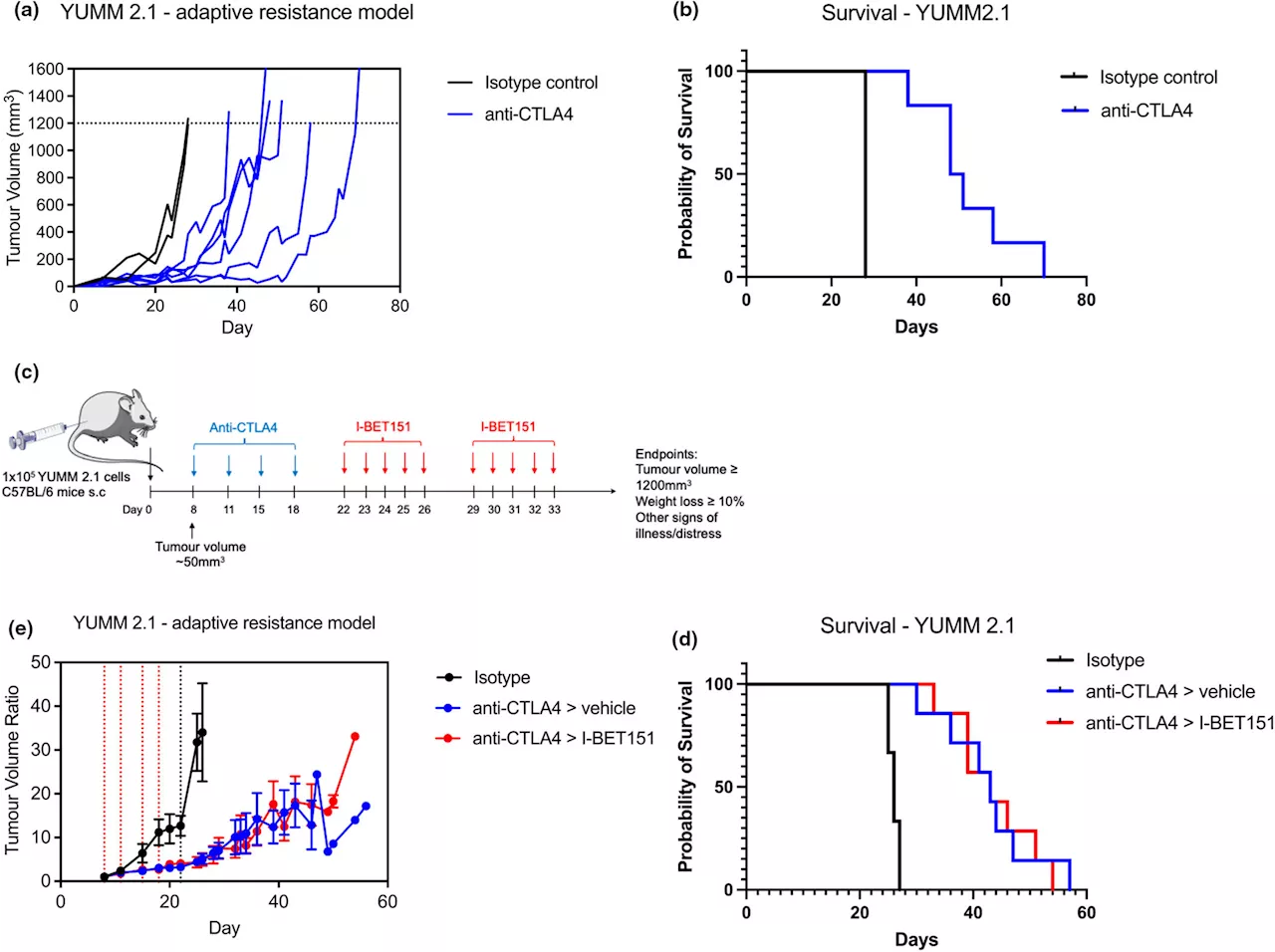 Researchers use dual drug strategy to advance melanoma treatment against resistanceResearch conducted by the Centenary Institute has revealed a promising new approach to tackling melanoma, an aggressive form of skin cancer notorious for its resistance to conventional treatments.
Researchers use dual drug strategy to advance melanoma treatment against resistanceResearch conducted by the Centenary Institute has revealed a promising new approach to tackling melanoma, an aggressive form of skin cancer notorious for its resistance to conventional treatments.
Weiterlesen »
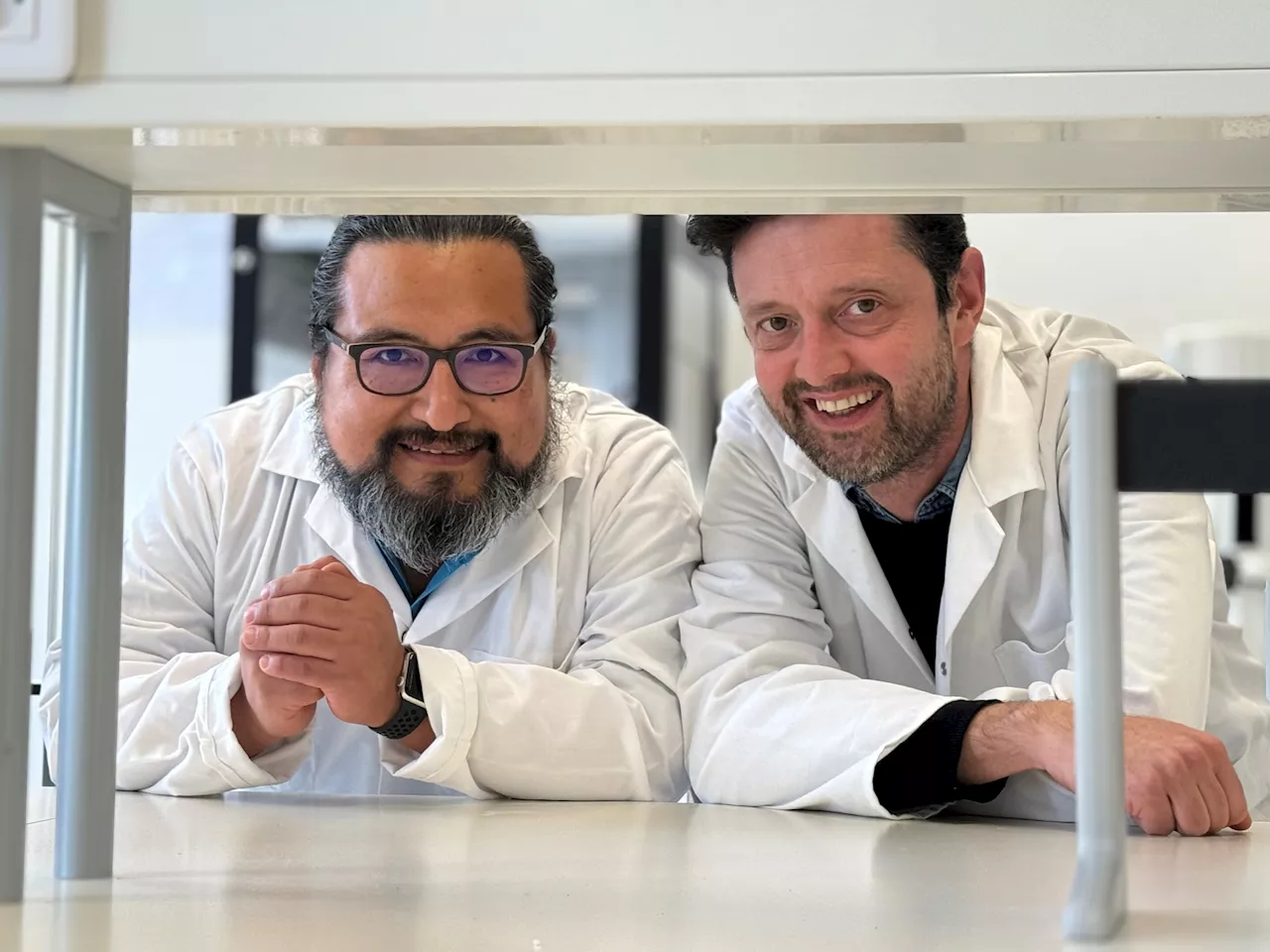 Microbiome researchers challenge the state of the art in colon cancer biomarker discoveryFor the first time, researchers from VIB-KU Leuven, UZ Leuven, Janssen Pharmaceutica and multiple international collaborators have introduced quantitative methods and extensive confounder control to discover microbiome biomarkers in colorectal cancer development.
Microbiome researchers challenge the state of the art in colon cancer biomarker discoveryFor the first time, researchers from VIB-KU Leuven, UZ Leuven, Janssen Pharmaceutica and multiple international collaborators have introduced quantitative methods and extensive confounder control to discover microbiome biomarkers in colorectal cancer development.
Weiterlesen »
 Development in cancer treatment focuses on re-educating cells to combat resistanceIn a development in cancer research, scientists are exploring new therapeutic strategies that move beyond traditional cytotoxic treatments, which have historically targeted uncontrolled cell proliferation.
Development in cancer treatment focuses on re-educating cells to combat resistanceIn a development in cancer research, scientists are exploring new therapeutic strategies that move beyond traditional cytotoxic treatments, which have historically targeted uncontrolled cell proliferation.
Weiterlesen »
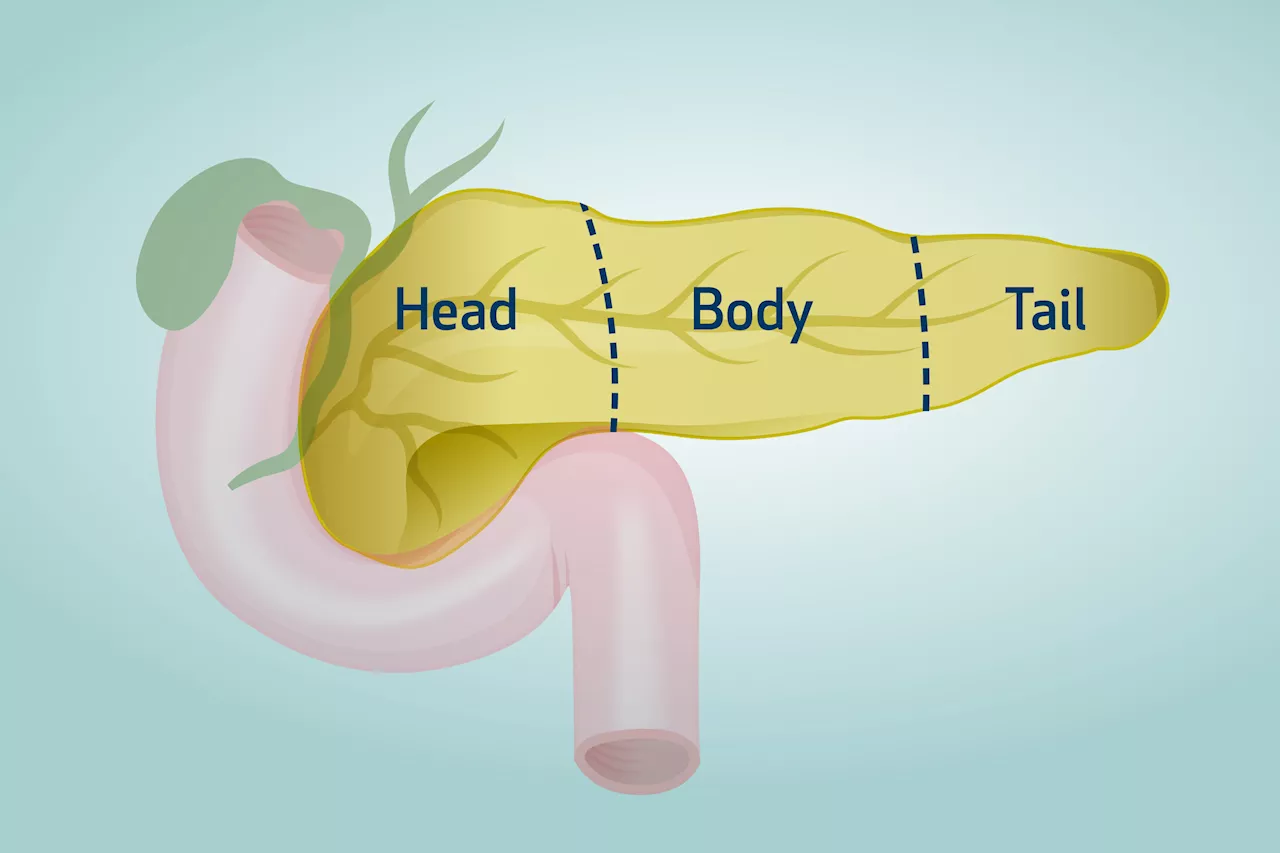 Researchers find difference in pancreatic cancer cells, offering new hope for immunotherapy effectivenessA new study has found that pancreatic cancer cells are different based on their location in the pancreas, providing new information about tumors that could lead to better targeted treatments.
Researchers find difference in pancreatic cancer cells, offering new hope for immunotherapy effectivenessA new study has found that pancreatic cancer cells are different based on their location in the pancreas, providing new information about tumors that could lead to better targeted treatments.
Weiterlesen »
